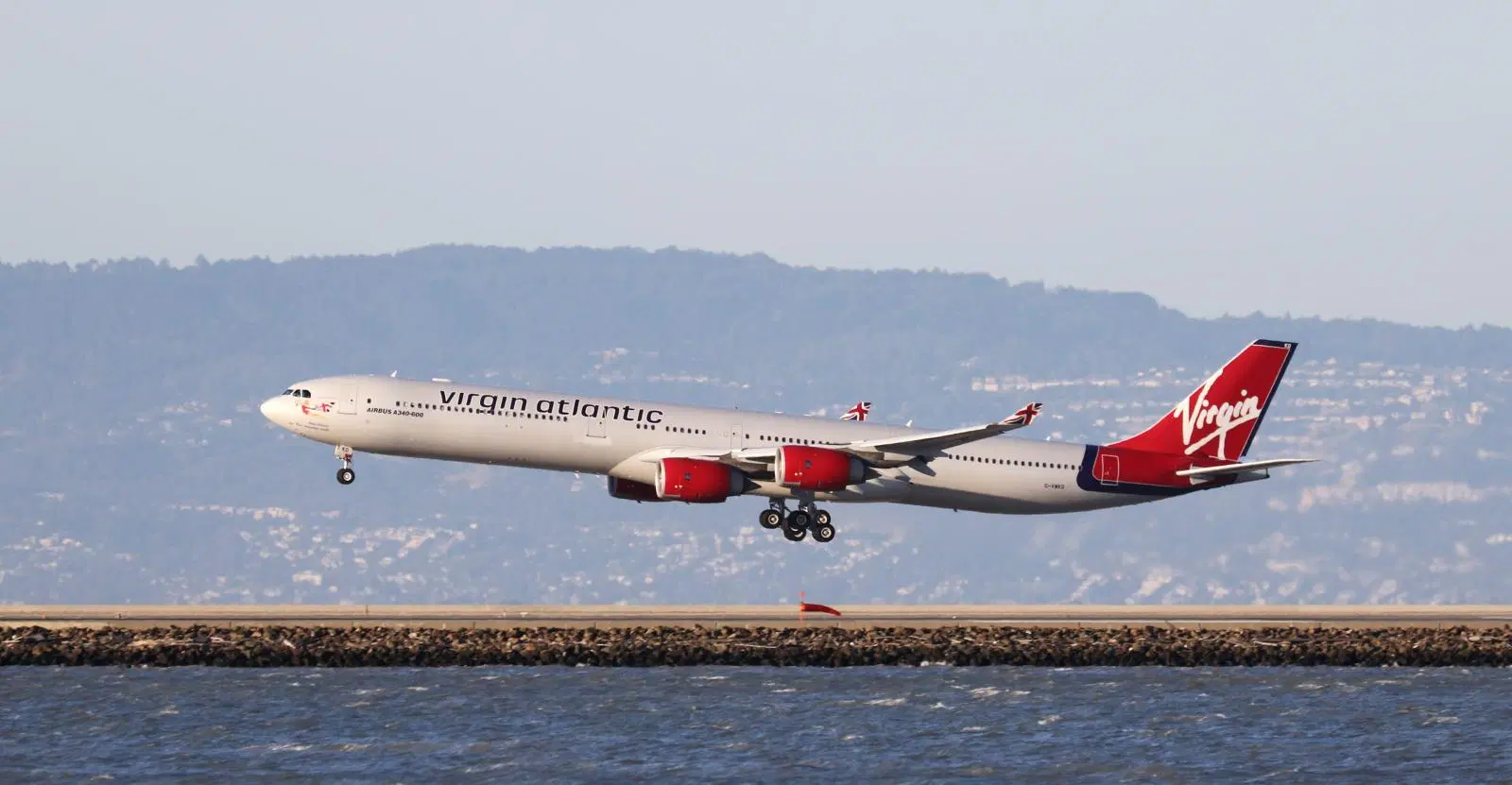Source: qz.com
Published: June 23, 2016

Reuters/Louis Nastro
A new study (pdf) found that Virgin Atlantic Airways pilots used less fuel when they were told their usage was being monitored, a striking example of applying behavioral science techniques for real-world impact. The economists conducting the study analyzed data from more than 40,000 flights and found “the behavioral effects of such interventions are currently estimated as the most cost-effective way to prevent a metric ton of carbon dioxide from entering the atmosphere.”
Pilots have some control over the amount of fuel they consume and even how much is loaded onto the airplane. Changing altitude or routes can save fuel. When your flight that took off 34 minutes late magically arrives at the gate on time, pilots could have sped up in the air, burning more fuel to make up for the lost time.
Economists from the University of Chicago and the London School of Economics and Political Science broke up the Virgin Atlantic pilots into groups, giving some of them fuel consumption goals, some of them feedback, others reports, and telling some simply that they were being monitored.
Most of the cost savings came just from a captain’s “awareness of being monitored,” the airline said. The researchers said that sending pilots by mail to their homes fuel savings targets and feedback on their progress was the most cost-effective tactic “improving fueling precision, in-flight efficiency measures and efficient taxiing practices by 9% to 20%.”
Virgin Atlantic said pilots in the study, conducted in 2014, saved 6,828 tons of fuel, savings at the time worth £3.3 million. In environmental terms, it reduced carbon dioxide emissions by 21,500 tons. (Fuel prices have tumbled since the study was conducted and savings are worth much less now, Virgin says.)
The economists also found that pilots did not revert to their old habits after the study was completed and those who were given fuel use targets and feedback on their use reported higher levels of job satisfaction.
